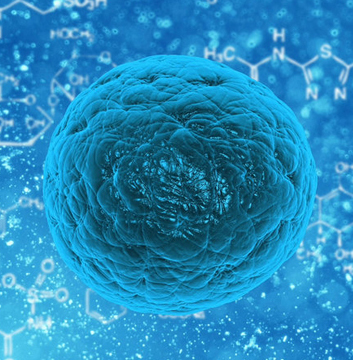
Cancer risk increases as you age. The older you get, the more likely you’re to develop cancer. However, there are modifiable risk factors for cancer.
In fact, 4 in 10 cancers are preventable. Research has found an association between low vitamin D levels and “metastasis and tumour progression”, warned Doctor Tariq Mahmood, Medical Director of Concepto Diagnostics.
Vitamin D is commonly branded the “sunshine vitamin” because your skin makes it through exposure to sunlight.
A mice study was published in the journal Endocrinology, which suggested that being deficient in vitamin D may promote the spread of certain types of breast cancer. The study mostly used cell lines and mice and identified a link between vitamin D levels and the expression of an oncogene called ID1.
This oncogene – a mutated gene that has the potential to cause cancer – has been linked to tumour growth and metastasis in certain types of cancer including breast cancer.
Once your body extracts vitamin D from food and supplements, it’s converted into a hormone called calcitriol.
Calcitriol spreads to several different body tissues, including breast tissue. Calcitriol binds to the vitamin D receptor (VDR), which regulates a large number of genes, some of which are associated with cancer.
Patients with breast cancer typically have pre-existing vitamin D deficiencies by the time a cancerous tumour develops.
